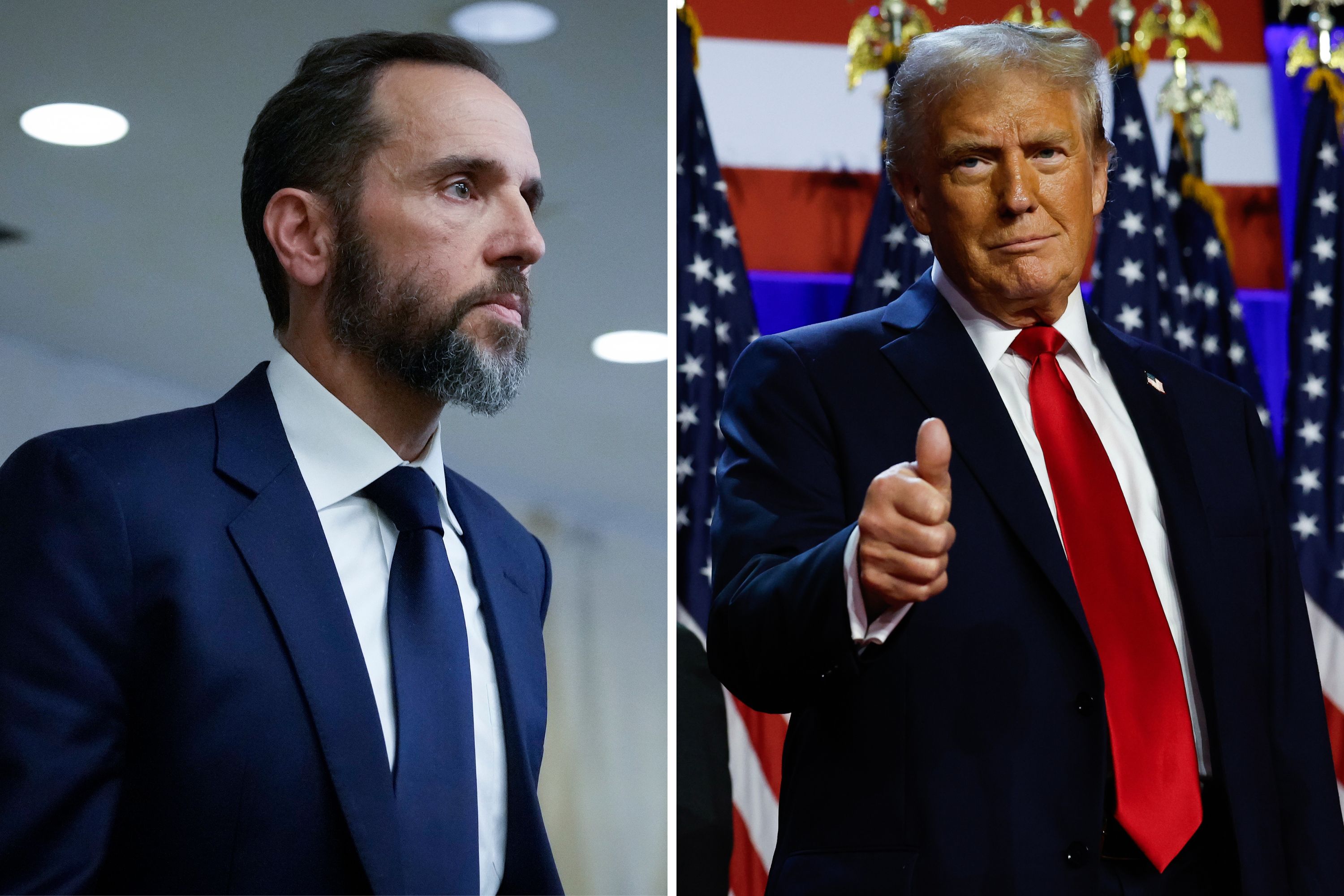Avi Goldberg was a beloved husband, father, rabbi, high school teacher and musician who died last month fighting for Israel against Hezbollah in Lebanon. He believed it was his religious duty, along with his moral and legal obligation, to serve. And he is not alone; not in his heroic death nor in this belief. For many of the tens of thousands of religiously observant soldiers in the Israel Defense Forces, Orthodox Jews who keep the sabbath, eat kosher, pray daily, and who have fallen in large numbers since the Oct. 7, 2023, attacks and hostage taking that pulled Israel into war, religion is among their motivations for service.
Of course, there are many other valid and respected reasons that Israelis of all faiths and backgrounds cite for serving in the army, alongside the fact that most of society has a legal obligation for two or three years of service starting at age 18 plus annual reserve duty, usually up to age 41 (which has been extended during the current war). One does not need to be religious, or even Jewish, to value military service; Christians, Druze and Muslims also serve in the IDF, as do secular Jews. But this positive relationship between faith and army service—including the fact that soldiers take oaths on Bibles, Qurans or other holy books, that all food meets religious dietary requirements and that Sabbath observance is celebrated on bases—needs to be pointed out as Israel's ultra-Orthodox Jews continue to oppose military duty due to their religious way of life, leaving the Israel Defense Forces with a severe manpower shortage during the ongoing multi-front war.
In addition to materially affecting the war effort, political tensions over whether or not to continue exempting ultra-Orthodox from military service, something that partially occurred in the initial years of the State, but was recently overturned by the Supreme Court, could also topple Israel's current government. The issue was visible in the streets last week as ultra-Orthodox protested the new draft orders being sent out following the court decision. In short, how and if this issue is resolved, has ramifications for the future of Israel's military strength and democracy—key elements we rely on as citizens and our allies rely on for security and stability in the Middle East.

As a rabbi heading an educational network that has lost 19 alumni to battles in this war, I cannot let the world, especially the general public in the United States and other countries that are Israel's allies, believe the false narrative that army service is incompatible with observant Judaism. Just the opposite; it is a religious mandate, codified in the works of Maimonides and expressly dictated by certain key phrases in the Bible that explain that participating in the defense of the State (indeed the defense of democracy) and one's fellow human beings during an ongoing existential war, is a Jewish obligation.
It is important to understand that questioning Israeli military service on the basis of religious law is a relatively new contention. When the nascent state of Israel was fighting its War of Independence, beginning in 1948, leading ultra-Orthodox rabbis and their students joined the efforts. As the Israeli historian Moshe Ehrenvald points out in a new book about this era, many of those who joined the fight did not believe in the importance of an independent modern state of Israel, as their secular Zionist counterparts did. In fact, some of these ultra-Orthodox fighters even opposed the creation of the state, saying that would only happen on God's timeline. Yet they did recognize that Jewish lives were at risk, so they joined the military.
Judaism teaches that participating in war in certain circumstances is a commandment, on par with observing Yom Kippur, keeping Shabbat or kosher and any other Biblical commandment. The Bible explains that when we are attacked as a nation that everyone is obligated to go to war against the enemy. A defensive war which obligates the participation of all—and fear, including the fear of mixing with non-religious elements, is not a valid reason to shirk the religious duty to fight.
Unfortunately, this approach has been buried under more recent decades of the ultra-Orthodox embracing a loophole also created at the beginning of the state; those committed to full-time Torah study could forgo compulsory military service. Rather than just a handful of the brightest scholars, as this clause imagined, today, nearly all ultra-Orthodox men, whether they actually learn full time or not, take this exemption from the army, with many of their leaders arguing that service would risk making them less devoted to Torah and their lifestyle.
But there is also a much larger and more serious religious commandment to protect life. There is no doubt that with missiles and drones regularly being shot into Israel from Iran, Iraq, Syria, Lebanon, Yemen, and Gaza, the lives of Israeli civilians are at risk. Therefore, Judaism requires those with the physical ability to serve in the military MUST do so. Not doing so arguably puts lives in danger, which is forbidden in Judaism: With many reservists serving up to 300 days, and many serving into their late 40s and 50s because there is a shortage of soldiers, the military at times is less effective than it could be if there were more soldiers (i.e. young ultra-Orthodox) who served.
In addition, army service plays a vital role in reaching key Jewish theological and spiritual goals. Among the things Jews pray for each day are the rebuilding of Jerusalem, the ingathering of exiles, and adequate rain in the winter and dew in the summer to ensure crops grow in the land of Israel. Religious soldiers fight and defend because in their faith they are committed to these hopes and dreams, which require security in Israel. This is what Avi and hundreds of others have died for; anyone who takes their Judaism seriously cannot hide from the obligation to serve. Lives and peace are at stake.
Rabbi Dr. Kenneth Brander is president of Ohr Torah Stone, a network of 32 educational institutions in Israel with thousands of alumni who have served in the IDF.
The views expressed in this article are the writer's own.



















 English (US) ·
English (US) ·